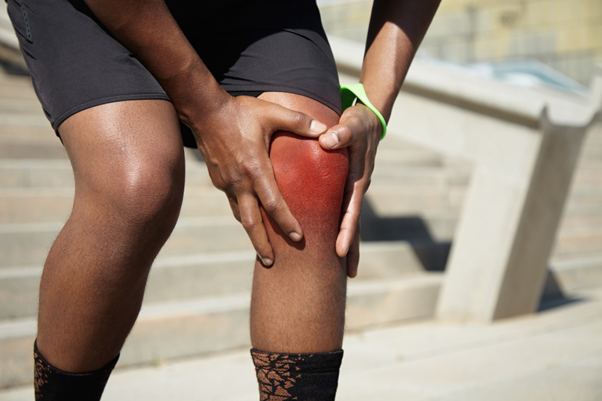An MCL tear affects the Medial Collateral Ligament (MCL) in your knee, which runs along the inner side and helps keep the knee stable. Understanding MCL tears, their causes, symptoms, and treatment can help you manage and recover from this injury.
What Causes MCL Tears?
MCL tears often happen due to:
- Direct Hits: Getting hit on the outer side of the knee, common in contact sports.
- Twisting Movements: Sudden turns or awkward landings can strain the MCL.
- Overstretching: Excessive bending or twisting of the knee can also lead to a tear.
Symptoms to Watch For
If you have an MCL tear, you might notice:
- Pain: Especially on the inner side of your knee.
- Swelling: This usually shows up within a few hours.
- Bruising: Discoloration around the knee area.
- Instability: A feeling that your knee might give way.
- Limited Movement: Difficulty bending or straightening your knee fully.
How Is an MCL Tear Diagnosed?
To diagnose an MCL tear, a doctor will:
- Examine Your Knee: They’ll check for tenderness, swelling, and how well you can move your knee.
- Order Imaging Tests: X-rays to rule out broken bones and an MRI to see the MCL in detail.
Treatment Options
Treatment depends on how severe the tear is:
- Rest and Ice: Reduces pain and swelling.
- Compression and Elevation: Helps with swelling and supports the knee.
- Pain Medication: Over-the-counter meds can help with discomfort.
- Physical Therapy: Strengthens the muscles around the knee and improves flexibility.
- Bracing: Provides extra support during healing.
- Surgery: Rarely needed, only for severe tears that don’t heal with other treatments.
Recovery and Prevention
Recovery time varies from a few weeks to several months, depending on the tear’s severity. Following a rehabilitation plan is important for a full recovery.
To prevent future injuries:
- Warm-Up: Prepare your muscles before exercise.
- Strengthen Muscles: Focus on exercises for your legs and core.
- Use Proper Techniques: In sports, use techniques that reduce stress on your knee.
- Wear the Right Gear: Good footwear and knee protection can help.
If you think you have an MCL tear, get medical advice soon. With the right treatment and care, you can recover and get back to your usual activities.



